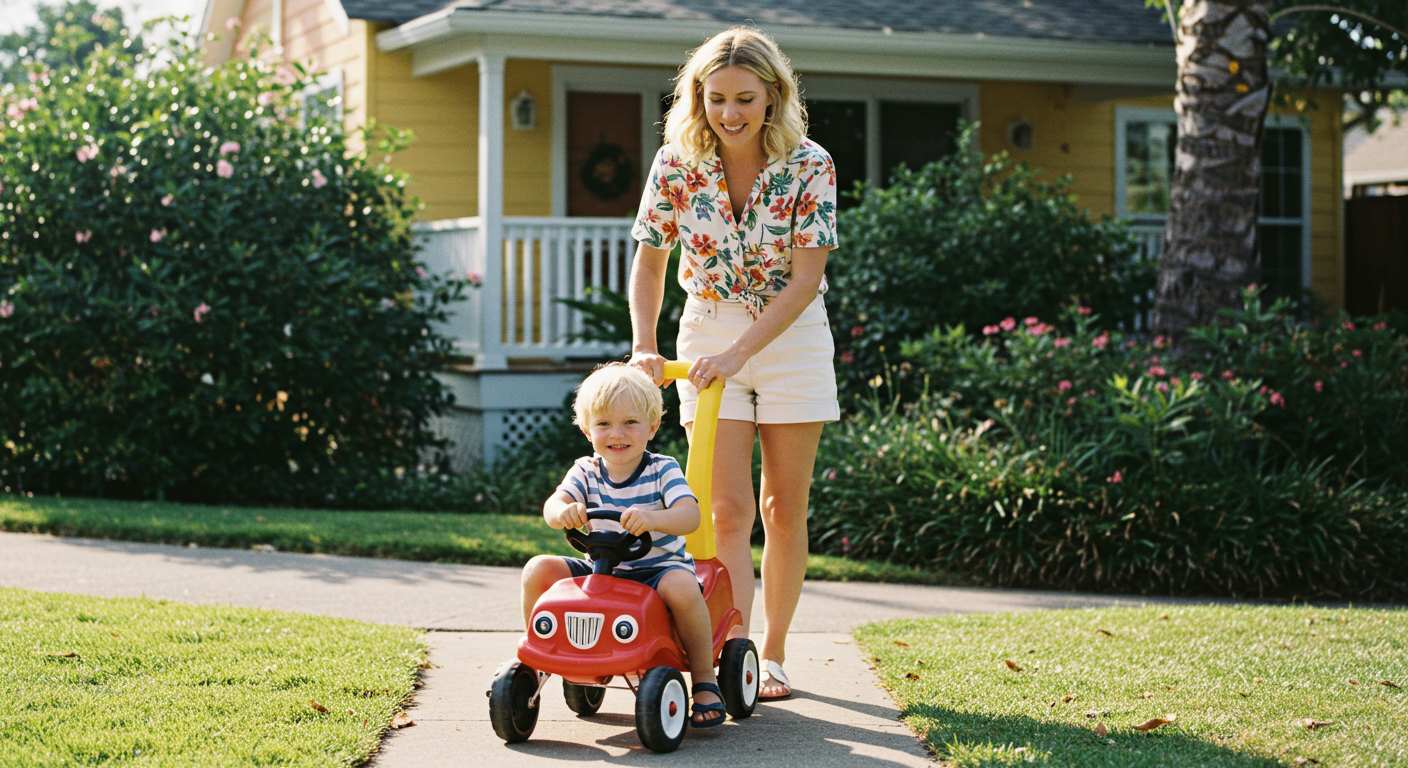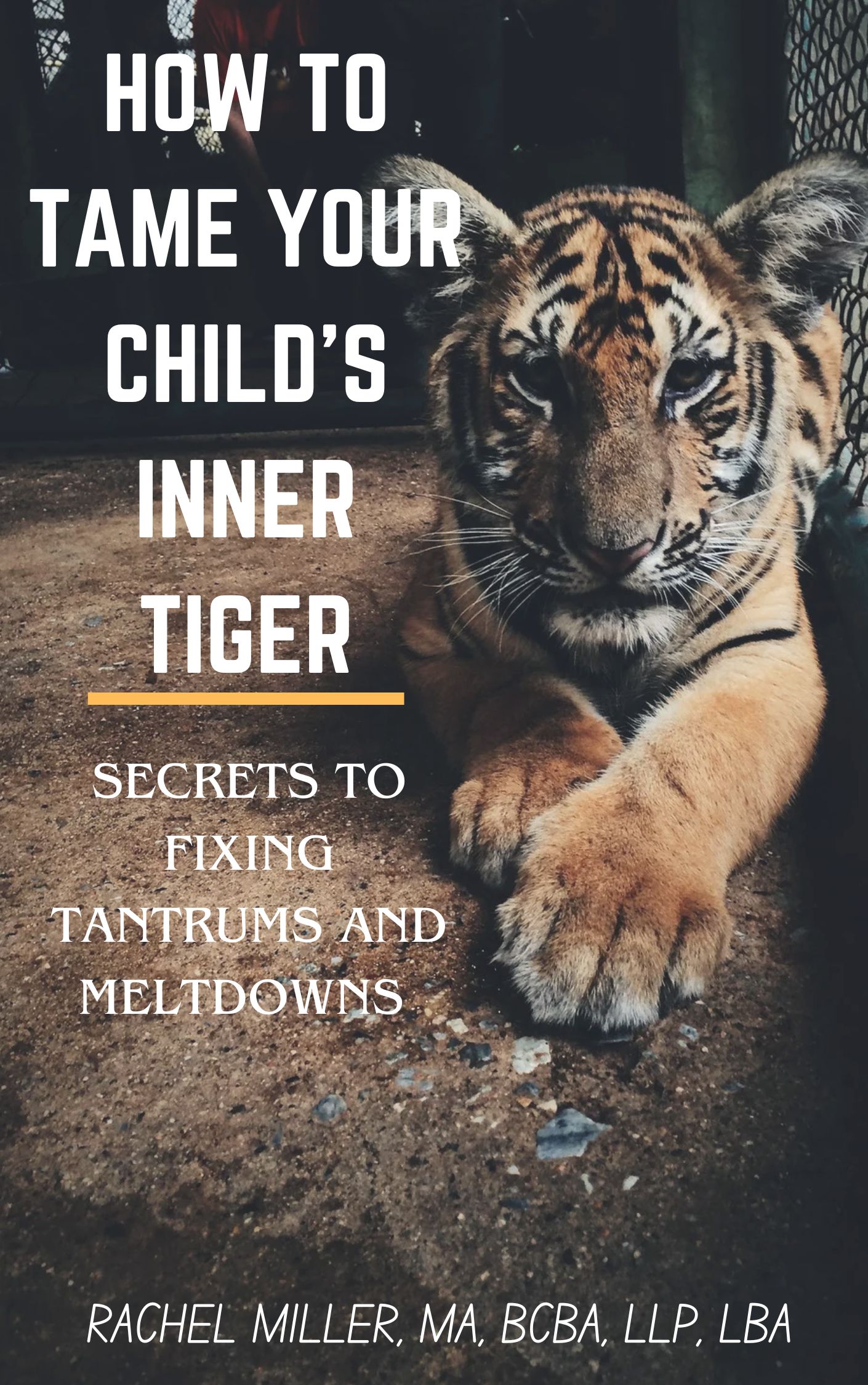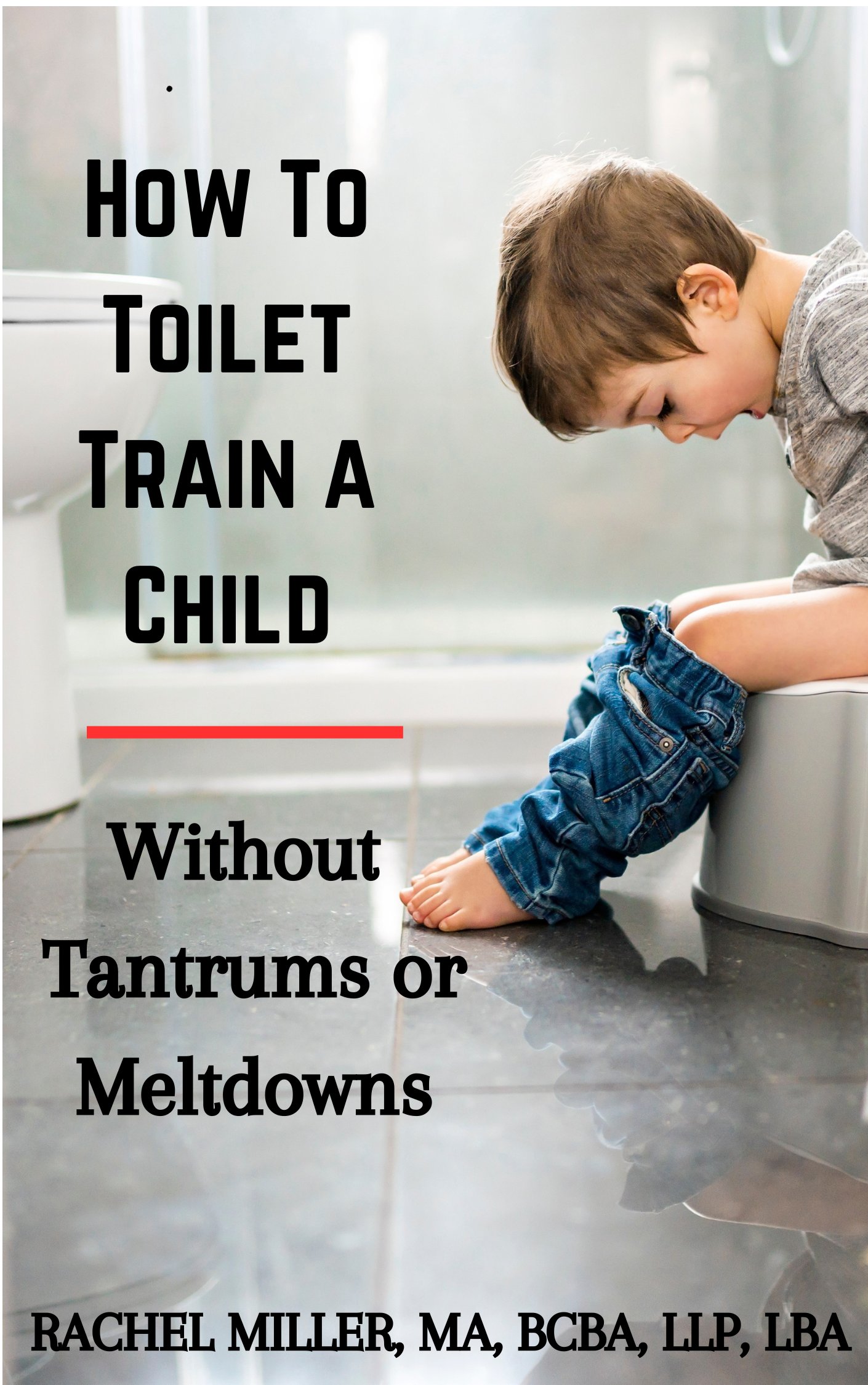Relationship Development Intervention (RDI):
A Breakthrough Approach to Autism Support

Relationship Development Intervention (RDI) is a parent-led, family-centered therapy approach designed to improve the social, emotional, and cognitive development of individuals with autism spectrum disorder (ASD). Created by clinical psychologist Dr. Steven Gutstein, RDI stands apart from many other autism therapies by focusing on cultivating dynamic intelligence—the ability to think flexibly, understand different perspectives, and engage in meaningful social relationships.
What Is Relationship Development Intervention?
Children with autism often face challenges in forming emotional connections and developing flexible thinking. Traditional therapies frequently focus on teaching discrete, memorized behaviors, such as making eye contact or saying "hello." While these skills are important, they don’t necessarily translate into genuine, adaptive social interaction.
Relationship Development Intervention targets the root of social and emotional difficulties by emphasizing experience-sharing and dynamic problem-solving, rather than rote behaviors. The goal is to help children internalize the thinking processes of others—especially their caregivers—so they can better navigate the complexities of real-world relationships.
Dynamic Intelligence vs. Static Intelligence
A core distinction of RDI lies in its focus on dynamic intelligence. Unlike static intelligence, which involves knowledge recall and rote memorization, dynamic intelligence includes:
- Emotional regulation
- Perspective-taking
- Adaptability in unpredictable situations
- Episodic memory (recalling personal experiences)
- Collaborative problem-solving
- Self-awareness and social awareness
By helping children develop these capabilities, RDI fosters long-term improvement in everyday functioning, relationships, and independence.
Core Principles of the RDI Program
The development of Relationship Development Intervention was guided by four foundational principles:
-
A Second Opportunity for Guided Participation
RDI offers children with autism a chance to re-experience and develop foundational learning through shared, guided interactions with caregivers. These experiences are often missed during early development but are critical for cognitive and emotional growth. -
Family-Focused Treatment Model
The program is built around parents and families, rather than therapists alone. Parents are trained to serve as the primary guides, helping their children build trust, adapt to changes, and participate in meaningful shared experiences. -
Developmental Construction of Dynamic Intelligence
The therapy is designed to mirror typical developmental stages, focusing first on building the capacity for shared attention, joint engagement, and perspective-sharing before moving into more complex cognitive processes. -
Biopsychosocial Management
RDI recognizes the need to address co-morbid medical or psychological conditions (like anxiety, sensory processing issues, or ADHD) that may hinder developmental progress. This holistic view supports long-term wellness and stability.
How RDI Works in Practice
In most cases, families work with a certified RDI consultant who guides them through the process of implementing the therapy at home. Consultants may offer in-person sessions, workshops, or remote coaching.
The intervention begins by evaluating the child’s current abilities and relationship patterns. From there, parents are taught how to:
- Modify their communication style
- Slow down interactions to encourage reflection
- Create opportunities for joint problem-solving
- Scaffold tasks to match the child’s developmental level
- Encourage uncertainty and variability in everyday routines
Rather than scripting or prompting behaviors, RDI encourages children to make their own discoveries through supported interaction with trusted caregivers.
Addressing Core Deficits of Autism with RDI
Many individuals with autism are capable of learning simple social scripts, such as shaking hands or saying “thank you,” but struggle with the abstract, nuanced aspects of social life. This often leads to behavior that appears awkward, rehearsed, or robotic.
RDI targets these deeper deficits by helping children understand the motivations, emotions, and intentions behind behavior. This leads to stronger:
- Emotional awareness
- Social collaboration
- Experience-sharing communication
- Episodic memory development
- Self-regulation and impulse control
The result is not just better social skills—but more meaningful relationships, improved academic and life skills, and greater independence.
How RDI Differs from Other Therapies
While Applied Behavior Analysis (ABA) and DIR/Floortime have proven beneficial for many children with autism, RDI fills a critical gap by focusing explicitly on the development of authentic relationships and flexible thinking. It’s not about choosing one method over another—in fact, combining RDI with other evidence-based interventions can create a comprehensive and synergistic autism treatment plan.
Some professionals suggest that integrating RDI with:
- ABA (for behavior shaping and academic skills)
- DIR/Floortime (for emotional connection and developmental play)
- Biomedical approaches (to support physical health)
…can produce remarkable outcomes for children by addressing both foundational emotional development and functional skills.
Video Example of Relationship Development Intervention
Why Relationship Development Intervention Matters
At its heart, RDI is about helping children with autism learn to connect—not just socially, but emotionally and cognitively. When children are given the tools to share experiences, solve problems collaboratively, and understand themselves and others, their potential expands in profound ways.
A child doesn’t just learn how to interact—they learn why relationships matter. This awareness can lead to genuine friendships, greater confidence, and a stronger sense of self.
Is RDI Right for Your Family?
Relationship Development Intervention is ideal for families who want to take an active role in their child’s therapy and are committed to long-term, relationship-focused development. It’s especially suited to children who:
- Struggle with abstract thinking or emotional expression
- Appear socially disconnected or disinterested
- Have difficulty adapting to change
- Exhibit rigid or repetitive behaviors
- Have plateaued in other therapies focused on compliance or memorized behaviors
A consultation with an RDI-trained professional can help you determine whether this intervention is a good fit for your child’s needs and your family’s goals.
Conclusion
Relationship Development Intervention is more than a therapy—it’s a framework for transforming the way children with autism experience the world. By investing in relationships, emotional understanding, and dynamic thinking, RDI empowers families to guide their children toward meaningful, lasting growth.
If you're looking to build a treatment plan that nurtures both connection and capability, RDI may be the missing piece.
References
1. Gutstein, S. E. (2009). Empowering families through Relationship Development Intervention: an important part of the biopsychosocial management of autism spectrum disorders. Ann Clin Psychiatry, 21(3), 174-182.
If you haven't already, be sure to check out my ebooks, now on Amazon!

